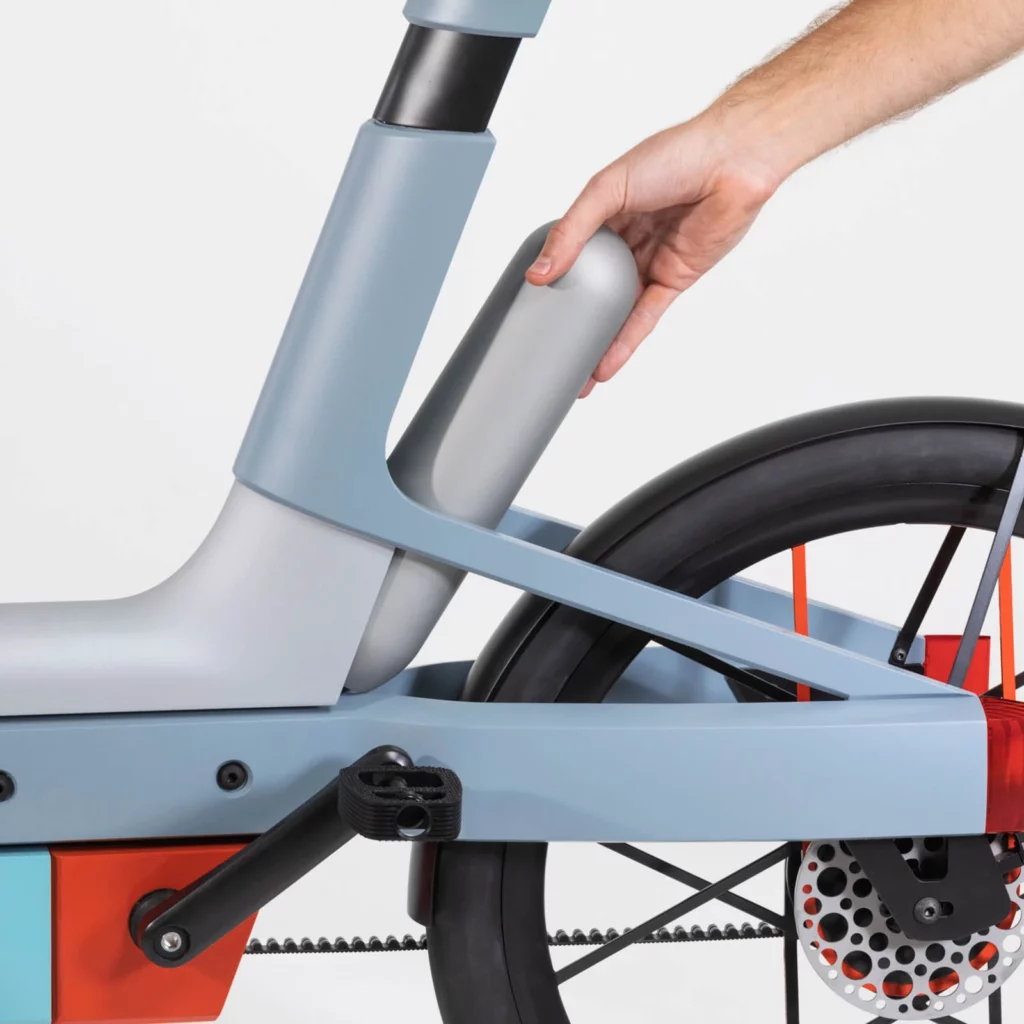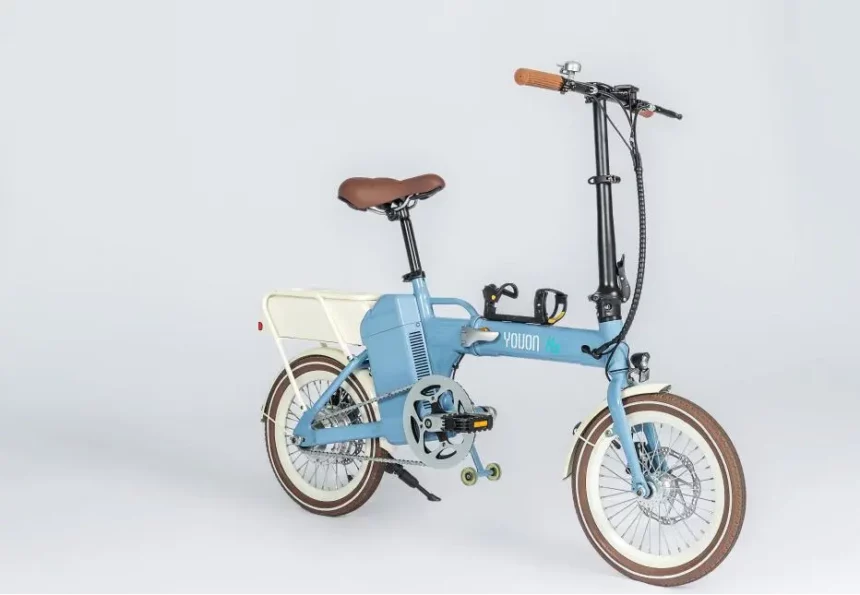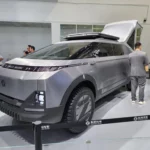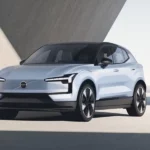If we look at it, there is a battle of batteries going on here, from Earth to Mars, and it’s all because of lithium, whether it’s Edison’s direct current, Nikola’s alternating current, or the future war between Microsoft and Apple.
Batteries are being used everywhere, but at the same time, this war is such that it may harm the conditions in countries. But now the situation has changed, and the battle occurs between electric batteries and hydrogen cells.
If we look at it currently, electrical batteries are leading the way, but hydrogen is a green power source.
When we look at electric bicycles, one of the issues they face is the significant weight of batteries. Because of this, having batteries on a bike can lead to inefficiency, and this weight also affects the speed and reduces the range, primarily limiting their use to urban environments.
The Hydrogen-Powered Bicycle offers an alternative solution. Instead of a lithium battery, it relies on a hydrogen fuel cell with lower weight and higher power, addressing these issues.
This is why China has introduced a prototype of a Hydrogen-Powered Bicycle in Changzhou, East China’s Jiangsu province.
With a power output of 40 kW per hour, a mere 1.2 kg tank of hydrogen fuel can take you on a journey spanning nearly 180 miles.

This bicycle has the same shape as conventional bikes, with the only difference being that it incorporates a hydrogen fuel cell and a low-pressure hydrogen storage device.
The fuel cell generates power to propel the bike when its proton exchange membrane receives hydrogen from the hydrogen storage device.
Let’s compare this zero-emission electric bike to a lithium-based electric bicycle. It is much better because it is environmentally friendly as it emits only water, which is environmentally friendly and is the best transportation technology.
The innovative hydrogen-powered bicycle delivers power in sync with the rider’s pedaling speed. It automatically stops providing extra assistance once the bike reaches a speed of 24 kilometers per hour. This groundbreaking technology is brought to you by Youon Technology Co Ltd, a bicycle manufacturer headquartered in Changzhou.
Youon Technology Co Ltd has announced that the initial batch of these e-bikes will enter mass production by the end of March. They have ambitious plans to ramp up production capacity and aim to produce up to 200,000 units annually by 2025.
Pros of Hydrogen-Powered Bicycle:
- Abundance: Hydrogen is widely available and can be considered a virtually limitless resource, unlike lithium-ion batteries, which rely on specific reserves. This abundance reduces the risk of resource centralization and dependence on specific regions or governments.
- Clean Energy: Hydrogen-powered vehicles produce no harmful emissions; the only byproduct is water and heat, known as the future of transportation. When hydrogen combines with oxygen in a fuel cell, the resulting “ash” is water vapor, making it an environmentally friendly option.
- Efficiency: Hydrogen fuel cells are highly efficient, converting a high percentage of the fuel’s energy into usable power for the vehicle. This efficiency can lead to longer driving ranges and reduced energy waste.
- Compact Storage: Hydrogen can be stored compactly, making it suitable for various vehicle types, including cars, buses, and trucks. This feature is advantageous for vehicles with limited storage space.
- Quick Refueling: Refueling hydrogen-powered vehicles is typically faster than recharging electric batteries, providing convenience to drivers and reducing downtime.
- Multiple Production Methods: Hydrogen can be produced using various methods, including electrolysis (using electricity to split water into hydrogen and oxygen), steam methane reforming (extracting hydrogen from natural gas), and gasification (producing hydrogen from coal). This versatility in production methods allows for flexibility in sourcing hydrogen.
- On-Site Production: Some hydrogen production methods, like electrolysis, can be carried out locally, potentially enabling hydrogen generation at fuel stations and reducing the need for long-distance transportation.
Cons of Hydrogen-Powered Bicycles:
While hydrogen-powered vehicles offer several advantages, there are also some notable disadvantages:
- Limited Infrastructure: Hydrogen refueling infrastructure is less developed than electric charging stations, limiting the availability of hydrogen fuel in many regions.
- Energy Intensive: The production of hydrogen can be energy-intensive, primarily if it relies on processes like steam methane reforming or gasification. This can reduce the overall environmental benefits of hydrogen fuel cells.
- Storage Challenges: Hydrogen needs to be stored at high pressures or low temperatures, which can be challenging and may require specialized equipment.
- Cost: Hydrogen fuel cells and their associated infrastructure can be expensive to develop and deploy, making hydrogen-powered bicycles more costly than traditional gasoline or electric alternatives.
- Transportation and Safety: Hydrogen is highly flammable and must be safely transported and stored. Safety concerns related to hydrogen handling and storage need to be addressed.
- Lower Energy Density: Hydrogen has a lower energy density than gasoline or diesel, meaning larger tanks or more frequent refueling may be required for similar driving ranges.
- Green Hydrogen Production: To maximize the environmental benefits of hydrogen, it should be produced using renewable energy sources like wind or solar power. Green hydrogen production can be more challenging and costly to implement.









